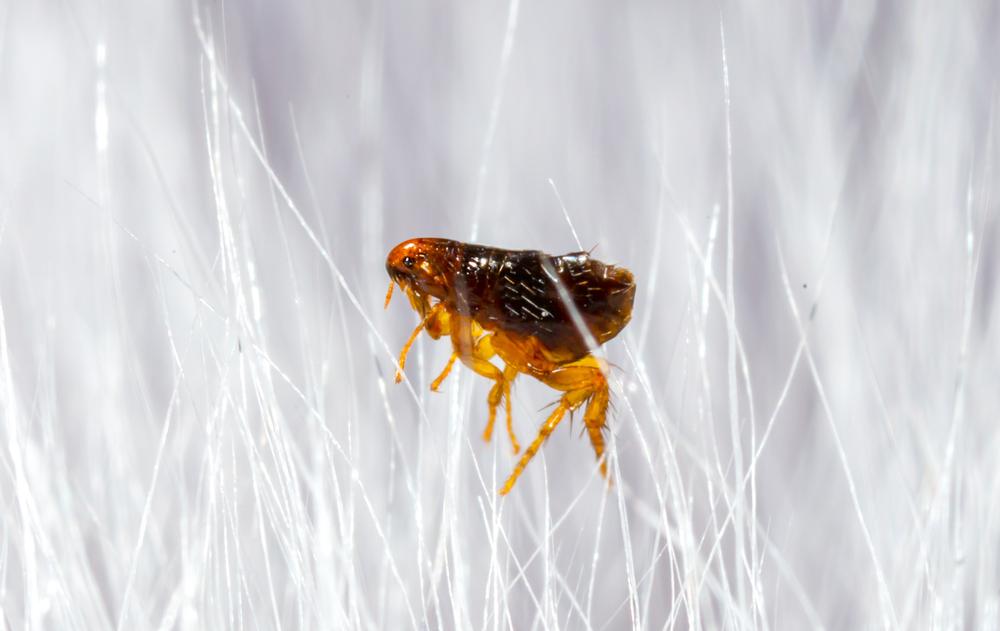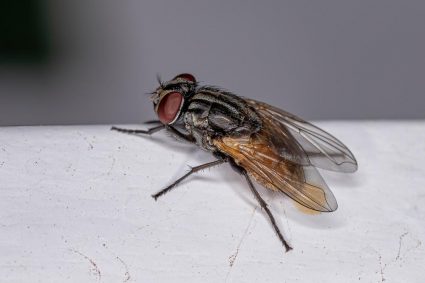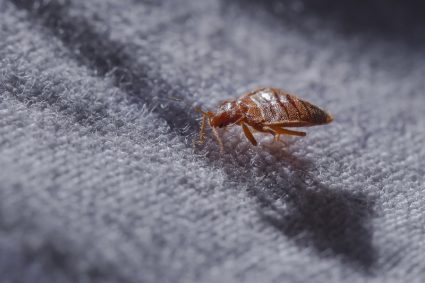
Fleas can be a nightmare for pet owners, causing discomfort for your furry friends and potentially infesting your home. While there are many commercial products available to combat these pesky critters, some pet owners prefer natural alternatives, like a homemade lemon spray. This guide will provide you with a complete understanding of how to make and use a lemon spray for fleas, its benefits, and safety precautions.
To make a lemon spray for fleas, slice and juice 3 lemons, then combine them in a pot with 3 cups of water and 1 ½ cups of vinegar. Boil this mixture, let it simmer for 5 minutes, then let it steep overnight. The next day, strain the mixture to remove lemon slices and seeds, then transfer the solution to a spray bottle. Apply the spray to areas where you suspect fleas are present, avoiding direct contact with pets.
What You’ll Need
Here are the ingredients and supplies you’ll need to make a lemon spray:
- 3 lemons
- 3 cups (711 ml) of water
- 1 ½ cups (356 ml) of vinegar (distilled white or apple cider vinegar)
- A knife
- A fork
- A large pot with a lid
- A strainer
- A large bowl
- A funnel
- A large spray bottle
Step-by-Step Guide to Making Lemon Spray
Follow these steps to prepare your homemade lemon flea spray:
- Cut and juice the lemons: Slice the lemons into 1/8 inch (3 mm) thick disks and place them in a large pot. Use a fork to mash the lemons a little to release their juices.
- Add water and vinegar: Pour 3 cups of water and 1 ½ cups of vinegar into the pot with the lemon slices.
- Boil and steep: Bring the pot to a boil, then reduce the heat and let it simmer for 5 minutes. Turn off the heat, cover the pot with a lid, and let the lemons steep in the water overnight.
- Strain the mixture: The next day, place a strainer over a large bowl and pour the lemon mixture through it to remove the lemon slices and any seeds.
- Transfer to a spray bottle: Use a funnel to pour the strained lemon solution into a large spray bottle.
Your lemon spray is now ready to use.
How to Use Lemon Spray
To use the lemon spray, apply it to areas where you suspect fleas are present, such as carpets, pet bedding, and furniture. Be sure to test the spray on a small, inconspicuous area first to ensure it doesn’t cause any damage or discoloration. Avoid spraying it directly on your pets, as it may cause skin irritation.
Benefits of Using Lemon Spray
Lemon spray offers several benefits as a natural flea deterrent:
- Natural and non-toxic: Lemon spray is a safer alternative to chemical-based flea treatments, making it safer for pets and humans.
- Repels fleas: Lemon spray contains D-limonene, a citrus extract that repels fleas.
- Easy to make: Making a lemon spray is simple and requires only a few readily available and affordable ingredients.
- Cost-effective: Lemon spray is an inexpensive option compared to commercial flea treatments.
Safety Precautions
While lemon spray can be a helpful natural remedy for fleas, it’s essential to use it cautiously. Here are some safety precautions to keep in mind:
- Avoid direct contact with pets: Do not spray lemon juice directly onto your pet. Citrus fruits can be toxic to cats and dogs.
- Keep away from eyes and wounds: Be careful not to spray it near your pet’s eyes or any open wounds.
- Consult your veterinarian: Always consult with your vet before using homemade remedies for flea control.
Final Thoughts
Lemon spray can be a useful tool in your arsenal against fleas. However, it should be used as part of an integrated pest management approach that includes regular cleaning, vacuuming, and treating your pets with appropriate flea control products. Always consult with your veterinarian for the best flea control methods for your specific situation.
Frequently Asked Questions
Can I use this lemon spray on my puppy or kitten?
No, it’s recommended to avoid using lemon spray on puppies and kittens. They have more sensitive skin than adult pets, and the spray could lead to irritation or other adverse effects. Consult your vet for appropriate flea control methods for young pets.
How often should I apply the lemon spray?
You can apply the lemon spray once a week. However, it’s essential to remember that this spray mainly acts as a deterrent, not a complete flea treatment. Always couple it with regular cleaning and vacuuming, and use other flea control methods recommended by your vet.
What is the shelf life of the homemade lemon spray?
The homemade lemon spray can last for about one to two weeks if stored in a cool, dark place. If you notice any changes in the smell or color of the spray, it’s best to discard it and make a new batch.
Can I use other types of citrus fruits for this spray?
Yes, you could use other citrus fruits like oranges or grapefruits as they also contain D-limonene, which repels fleas. However, the scent might not be as strong or effective as lemons.
Can I use this spray for other pests like ticks or mosquitoes?
While lemon spray can deter some pests due to its strong citrus scent, it’s primarily effective against fleas. It may not be as effective against other pests like ticks or mosquitoes. Always consult with a pest control expert or your vet for advice on controlling other types of pests.












